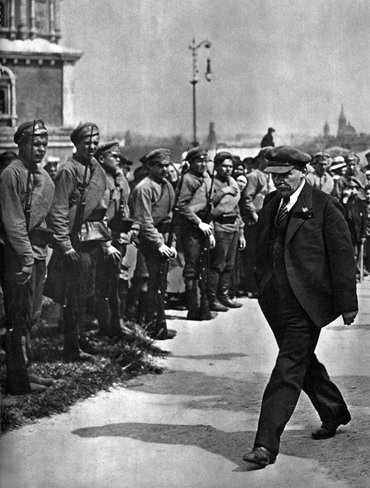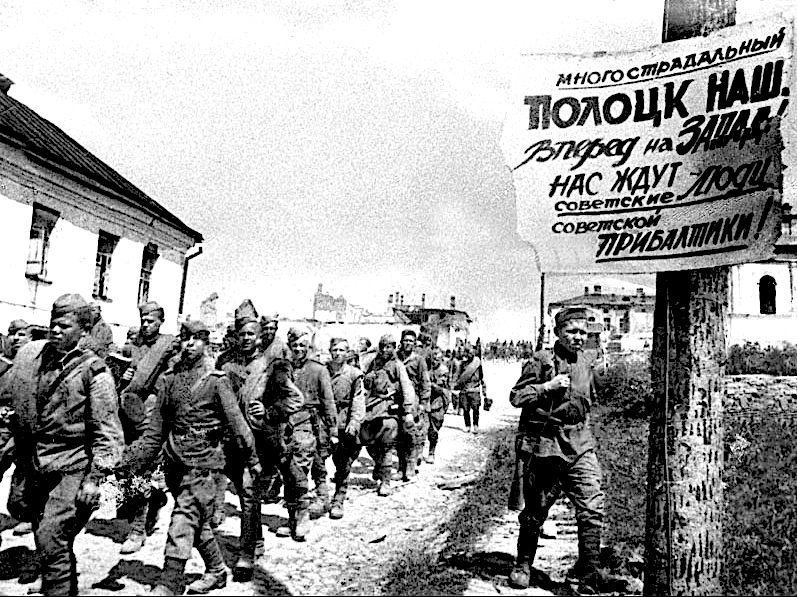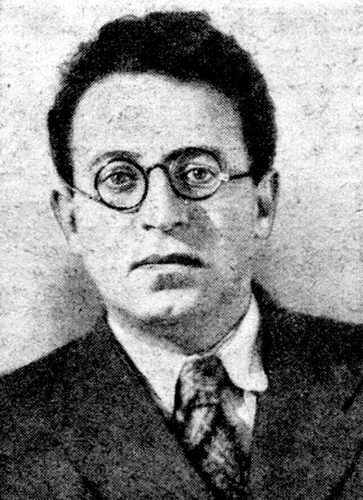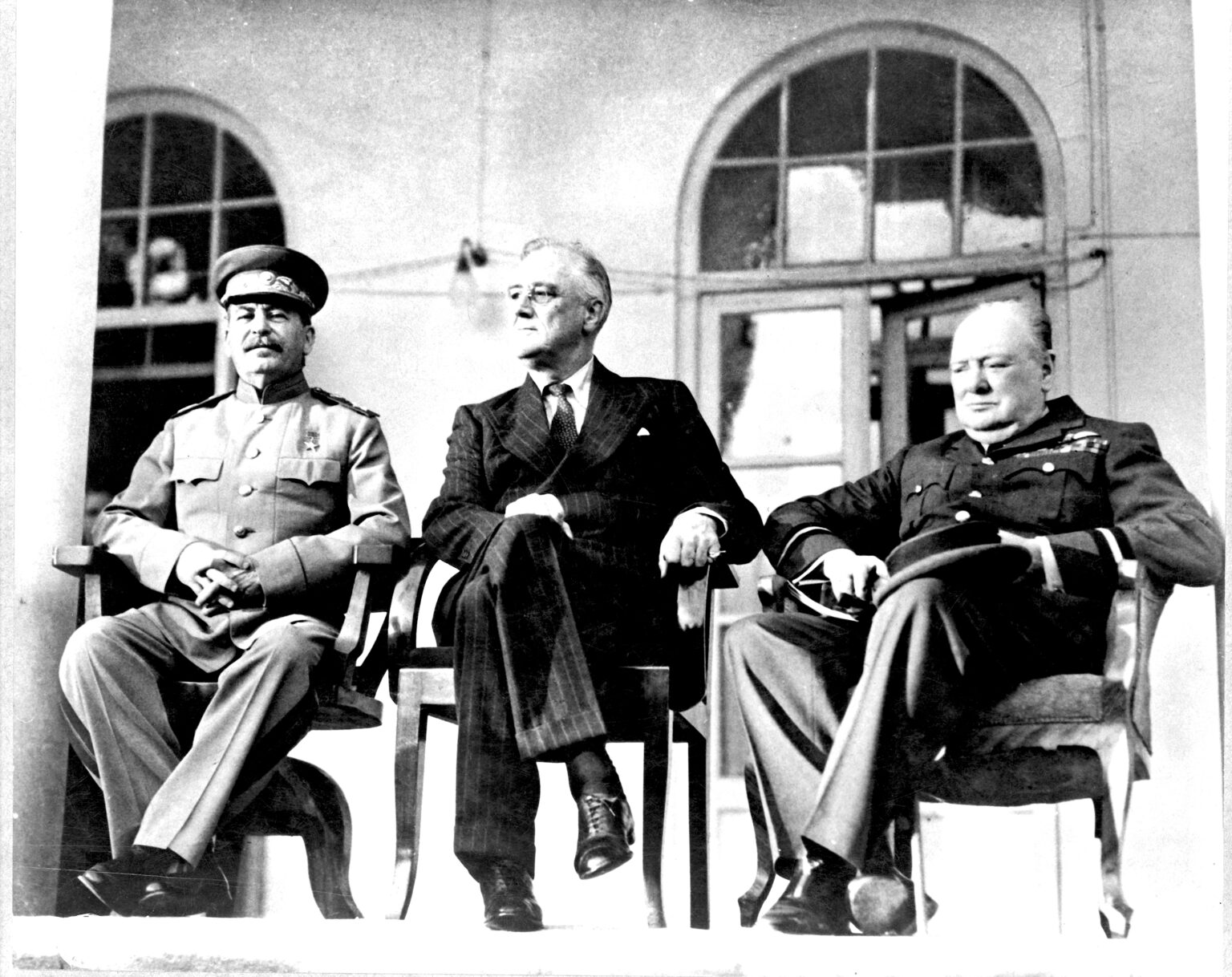
Lenin May 1, 1920
In March 1919, V.I. Lenin published a short note on the occasion of the creation of the Communist International. There he says: “The only thing lasting in a revolution is what is won by the masses of the proletariat. It’s worth writing down only what has really been firmly won” [1] . Among such lasting gains, he noted the dictatorship of the proletariat. Today, a hundred years after the revolution, one can rightfully raise the question, which of its achievements turned out to be durable, were not only conquered and recorded for time, but also stood the test of time?
A hundred years after the revolution, the world is still as far from a global republic of Soviets as it was before the overthrow of the autocracy in Russia. The struggle for socialism at the end of the twentieth century suffered a serious historical defeat, therefore, with a superficial look at the history of October, it seems that it did not leave any lasting achievements, and therefore the revolution is something accidental and meaningless in the history of Russia. But that's not true.
Thinking about the intermediate results, Lenin already in November 1921 drew attention to the dual nature of the revolution in Russia. He published an article in Pravda “On the Fourth Anniversary of the October Revolution.”
“The immediate and immediate task of the revolution in Russia was a bourgeois-democratic task: to overthrow the remnants of the Middle Ages, to demolish them completely, to cleanse Russia of this barbarity, of this shame, of this greatest brake on all culture and all progress in our country.” “The bourgeois-democratic content of the revolution means the cleansing of the social relations (orders, institutions) of the country from the Middle Ages, from serfdom, from feudalism,” he further clarifies. From the bourgeois-democratic component, the communists are moving towards the socialist revolution itself, however, “only the struggle will decide how much we will be able to (in the final analysis) move forward, what part of the immensely lofty task we will complete, what part of our victories we will secure for ourselves. Let's wait and see" [2] .
Among the bourgeois-democratic tasks of the Russian revolution, Lenin notes the elimination of the monarchy and class system, feudal land tenure, a change in the social position of religion, the elimination of national oppression and the degraded position of women. In all these questions it is revealed that the achievements of the revolution were largely unshakable and survived the Soviet Union.
The October Revolution consolidated the republican form of government in Russia and gave the first functioning republican constitution in Russian history, adopted in 1918. Both the USSR and all the states that arose after its collapse were and are republics. Although in some post-Soviet states the popularity of monarchical ideas has increased somewhat in recent decades, the republican form of government remains unshakable. Thus, Russia and other former Soviet republics are keeping pace with global trends.
The lack of civil equality and the presence of class privileges created serious problems in the development of civil law in pre-revolutionary Russia, in particular in defining the concept of person. It contradicted the general trends of the era towards equalizing the legal status of citizens. The October Revolution abolished the estates and consistently introduced the principle of civil equality into legislation. Today, even extreme reactionaries do not dare to openly deny the principle of equality of citizens before the law. Another question is, to what extent is this principle observed in practice? But other capitalist countries of the modern world also face this problem. Here Russia and the former Soviet republics do not represent anything qualitatively special. In them, as elsewhere in the world, the principle of equality triumphed in the content of legislation. And this is also the merit of October.
The issue of women's civil rights is closely related to class inequality. The Soviet government legislated the line outlined by the Provisional Government. She introduced the principle of equal rights between women and men through all legislative acts and took a number of practical steps to eliminate actual inequality. Women began to actively participate in public life and received full and equal access to education, which allowed them to enter on an equal footing into areas of activity previously reserved exclusively for men. A woman engineer, a woman prosecutor, a woman scientist became quite commonplace phenomena, while in tsarist Russia nothing like this could be imagined. Finally, the liberation of a woman was closely related to the change in her status in the family. The new family legislation of the Soviet government laid the legal basis for the destruction of the patriarchal family and the release of women from the eternal guardianship of men. This was primarily achieved through the introduction of the right to divorce. Of course, the emancipation of women is a historically long process, as it is associated with a slow change in a whole complex of sociocultural norms, but it was the October Revolution that created adequate legal forms for this process and thereby contributed to the synchronous movement of Russia with the rest of the world. Even now, when conservatism has intensified at the everyday level and the popularity of Domostroev’s ideas has increased, no one dares to publicly challenge the basic principles of women’s position in society.
The issue of religion is closely related to the women's issue, since church marriage did not allow divorce. The status of religion in society was radically changed. Religion was separated from the state and became a private matter for citizens. Thus, Russia followed the same path taken by Western European capitalist states. To this day, the principle of separation of religion and state remains in force, although due to the growing clericalization of society, it is violated in practice in many of the former Soviet republics. For Russia, which has many religions, the principle of separating religion from the state is especially important. Ignoring it could jeopardize the unity of the country.
One of the most pressing problems in Tsarist Russia at the beginning of the 20th century. - oppression of national minorities. It was closely intertwined with religious oppression under the conditions of the state religion. The Soviet government solved this problem by giving all the peoples of Russia the opportunity to independently develop their culture and create any forms of national statehood, based on their desires. As a result, some of the peoples of Russia separated from it, and some formed their own national states within Russia. So Russia became a federal state. Along with the republican structure, federalism is one of the two fundamental principles of Russian statehood, which has withstood all the political cataclysms of the 20th century. Thus, the October Revolution established a form of state unity that is still reflected in the official name of the Russian state. On January 12, 2018, we will celebrate the centenary of federalization. Of course, in respect of the rights of national minorities, there were serious deviations from the principles of the revolution; it is enough to recall the deportation of the Crimean Tatars and other peoples. However, in general, the principle of national equality triumphed.
In the field of land relations, it is necessary to consider separately both negative and positive aspects of change (the terms are used not in an ethical, but in a philosophical sense). The new forms of agrarian relations that arose after the revolution have not survived into modern times, except for certain rudiments like the moratorium on the sale of agricultural land, which is still in effect in Ukraine. However, the negative side of revolutionary changes turned out to be surprisingly stable. The destroyed feudal latifundia are a thing of the past forever, and there can be no talk of their restoration.
Less obvious, but no less lasting, are other socio-economic changes of the revolutionary era: the idea and practice of state regulation of the economy, restrictions on the free market and private property for the sake of the interests of society, the development of a public consumption fund, the principle of worker participation in enterprise management, the idea of planning. Of course, since then the forms and purposes of using all these ideas have changed repeatedly, but the very admissibility and possibility of their use was put on the agenda precisely by the revolution. Not all of these ideas have survived to this day in the former Soviet republics, but many of them were adopted and applied abroad, where they are used to this day. For example, works councils in Germany, which trace their origins back to the factory councils of 1919, created under the direct influence of the experience of Russian factory committees.
The influence of the revolution on social science is adjacent to this group of consequences. She firmly introduced the idea of the possibility of purposeful influence on the development of society using scientific theories.
Finally, the revolution gave a powerful impetus to the development of labor law, the social insurance and welfare system. She introduced vacations, sick leave, collective labor agreements, pensions and many other benefits of labor legislation, for the first time extending them to all hired workers in Russia. In close connection with the development of labor law and workers' control, the trade union movement flourished. We all see the fruits of this blossoming around us with our own eyes: it was during the years of the revolution that the Higher School of Trade Unions was created, in the branch of which we have gathered now [3] .
The achievements of the revolution that have survived the last century are so numerous that it is not possible to give an exhaustive list of them in one message. In their light, the question of so-called reconciliation, which the Russian Military Historical Society has recently been pushing, looks completely different. This reconciliation is usually presented as a veiled call for the Reds to admit the futility of what they were doing. But the Reds' efforts are by no means fruitless; many of their results are of fundamental importance. Are the advocates of reconciliation willing to acknowledge this fact? If they agree, then, apparently, dialogue is possible, but if they deny this, then we are simply faced with an attempt by reactionaries to erase the historical achievements of Russian society, made possible thanks to the revolution.
We need to end the conversation about the deeds of the revolutionaries a hundred years ago with the question: what could they not do? And here I immediately remember Hegel, who spoke about the irony of history. Its essence is that historical figures do not get the results that they strived for in their activities and that they counted on. Lenin again gives us the opportunity to subtly feel this problem. In the already mentioned article for the fourth anniversary of the October Revolution, he writes that the Bolsheviks
“we resolved the issues of the bourgeois-democratic revolution casually, in passing, as a “by-product” of our main and real, proletarian-revolutionary, socialist work.” “Bourgeois-democratic transformations,” we said and we proved with deeds, “are a by-product of the proletarian, that is, socialist revolution” [4] .
As it is easy to notice now, this by-product for the Bolsheviks turned out to be the main historical achievement of the revolution. But what was essential for the Bolsheviks, that revolution could neither conquer nor record for centuries. This is the ideal of a society without exploitation, classes and the state, where the alienation of market and political institutions has been removed, where the brotherhood of people and genuine social self-government reigns, where creative work is the main content of human activity, a source of happiness and joy. The struggle for this ideal is the work of future revolutionaries.
Notes
1. Lenin V.I. Conquered and recorded // PSS. T. 37. P. 513.
2. Lenin V.I. To the four-year anniversary of the October Revolution // PSS. T. 44. pp. 144, 145.
3. The message was made at the conference “Economics, State and Law in the Great Russian Revolution of 1917”, which took place on October 28, 2017 at the Institute of Economics and Law (branch of ATiSO, Sevastopol).
4. Lenin V.I. To the four-year anniversary of the October Revolution // PSS. T. 44. P. 147.
https://kritikaprava.org/library/287/ok ... ostizhenij
Google Translator






